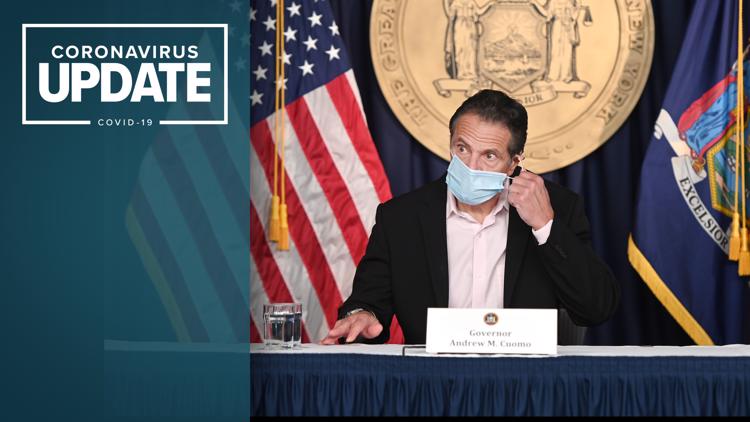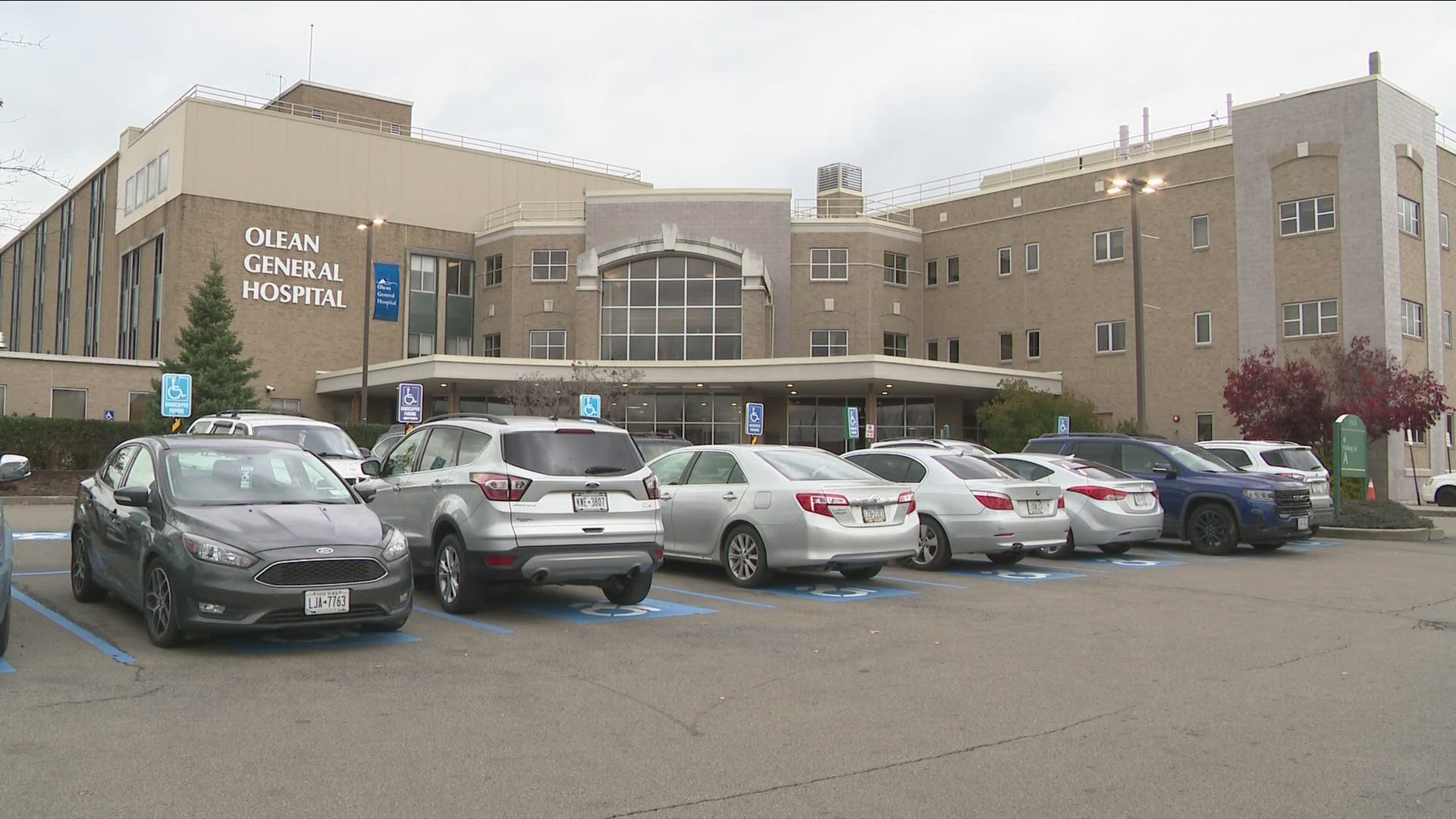NEW YORK — New York Governor Andrew Cuomo provided a second COVID-19 update in one day on Tuesday, November 24, regarding the state's progress on the COVID-19 pandemic.
In his first briefing, Governor Cuomo continued to remind and ask New Yorkers to have Thanksgiving dinner with only those who are in your household, saying, "This is not a political issue."
During his second briefing, Governor Cuomo reiterated the much of the same information regarding the holiday season from the first update but added additional information regarding the COVID-19 situation in the state.
Cuomo noted that the overall statewide positivity rate for Monday, November 23 was 2.9 percent. He also mentioned that there were 47 deaths reported in the state on Monday, Cuomo saying, 'that number is up again.'
"This is all too predictable at this point," the Governor added. Drawing connections to a rise in positive COVID-19 cases, leads to a rise in hospitalizations, which leads to a rise in the ICU and intubation numbers.
Cuomo warned that because of increased socialization during the holiday season, the statewide positivity rate could be over 12% going into 2021.
Human coronaviruses are usually spread through..
.
- The air by coughing or sneezing
- Close personal contact, such as touching or shaking hands
- Touching an object or surface with the virus on it, then touching your mouth, nose or eyes before washing your hands.
Help stop the spread of coronavirus
- Stay home when you are sick.
- Eat and sleep separately from your family members
- Use different utensils and dishes
- Cover your cough or sneeze with your arm, hot your hand.
- If you use a tissue, throw it in the trash.
Lower your risk
- Wash your hands often with soap and water for at least 20 seconds. If soap and water are not available, use an alcohol-based hand sanitizer.
- Avoid touching your eyes, nose, and mouth with unwashed hands.
- Avoid close contact with people who are sick.
- Clean and disinfect frequently touched objects and surfaces.
- If you are 60 or over and have an underlying health condition such as cardiovascular disease, diabetes or respiratory illnesses like asthma or COPD, the World Health Organization advises you to try to avoid crowds or places where you might interact with people who are sick.



